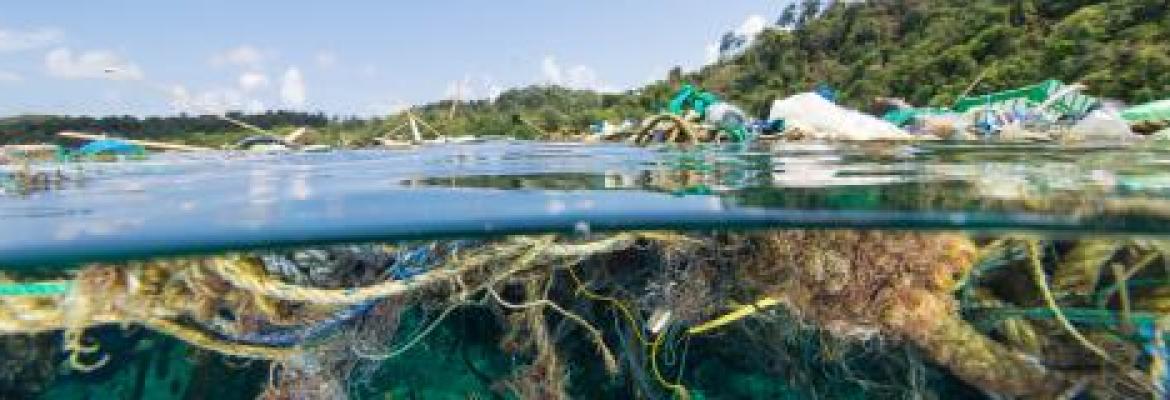Australia has consolidated a leadership role on addressing marine plastic litter at the International Maritime Organization (IMO) and is actively advocating for better global environmental health through the pollution prevention and response sub-committee.

Australia recently joined the High Ambition Coalition to End Plastic Pollution and chaired the working group on marine plastic litter at last week's Pollution Prevention and Response sub-committee meeting in London, a role we have taken on in the IMO since 2018.
At this meeting, the Australian delegation-led by AMSA-helped develop a circular on the maritime transport of plastic pellets in freight containers, to prevent the loss of these pellets at sea. Another key outcome was the agreement by the sub-committee that plastic pellets should not be shipped in bulk, representing an excellent environmental outcome as it will reduce the risk of a major pellet spill into the sea.
The sub-committee also agreed that globally consistent thresholds should be implemented for what types and quantities of lost and discharged fishing gear need to be reported to the IMO through a reporting database; and that recreational vessels should be exempt from the reporting requirements. Once finalised, the reporting requirements will increase understanding of the contribution of discharged fishing gear to marine plastic litter and provide a database to measure trends so that appropriate measures can be developed to reduce fishing gear loss.
Australia looks forward to continuing to work in the IMO to progress measures to address the risks associated with transportation of plastic pellets and the reporting of lost and discharged plastic gear. Discussions on the development of goal-based requirements for the marking of fishing gear will also continue at the next session of the sub-committee in 2024.
At this meeting, Australia also played a significant role in finalising a revision of the existing 2011 Biofouling Guidelines to minimise the transfer of invasive aquatic species attached to submerged parts of a vessel like the hull, propellers, anchors, and fishing gear. The revised guidelines will complement new requirements put in place in June 2022 for managing biofouling on international vessels arriving in Australia.